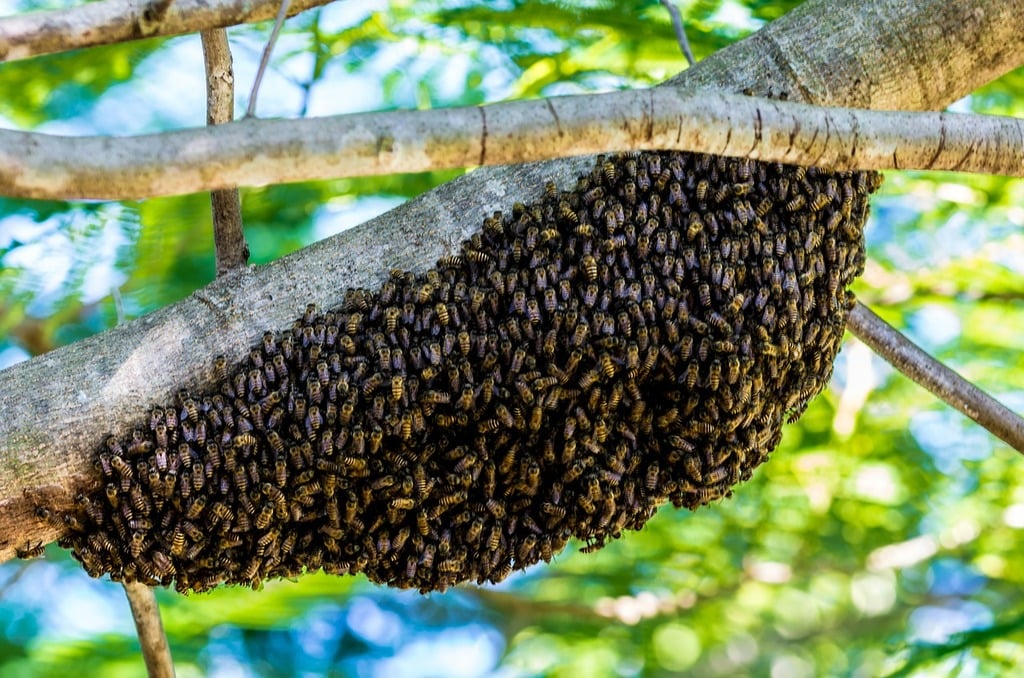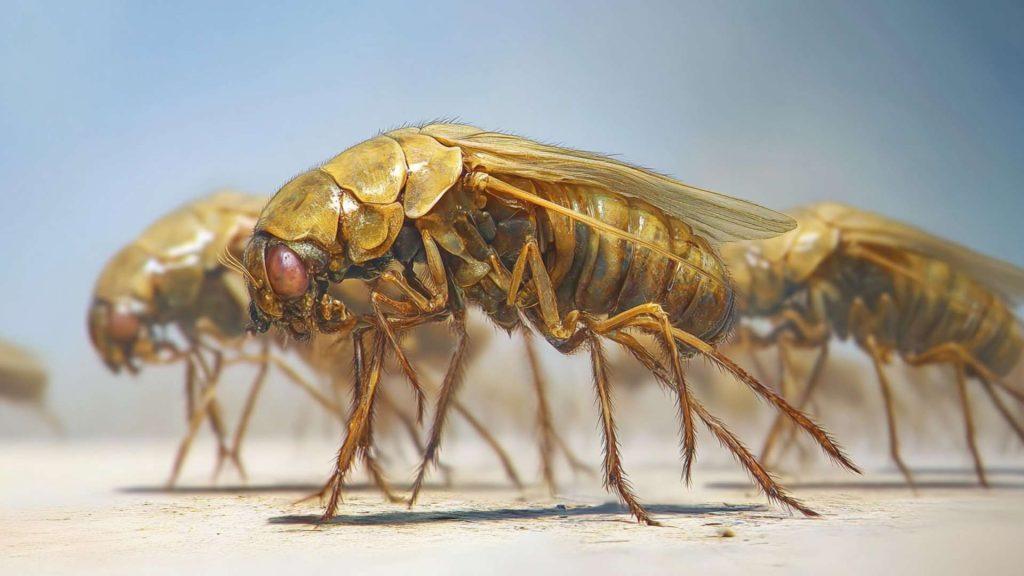Bees play a vital role in our ecosystem by pollinating plants and producing honey. However, when they decide to nest around your home, they can become a nuisance and even a potential hazard, especially for those with allergies. Understanding how to prevent bees from nesting around your house is crucial for maintaining a safe and comfortable living environment. In this guide, we’ll explore practical steps you can take to deter bees from setting up residence near your home.
By staying vigilant and addressing these areas, you reduce the likelihood of bees nesting around your home.

Use Bee-Repelling Plants
Certain plants are known to repel bees due to their strong scents or oils. Incorporating these plants into your garden can naturally deter bees from nesting nearby.- Citronella: Commonly used in candles and sprays, citronella also works well as a plant to keep bees at bay.
- Peppermint: Bees dislike the strong aroma of peppermint, making it an effective deterrent. Planting peppermint around your home can discourage bees from nesting.
- Eucalyptus: Eucalyptus oil is another scent that bees find unappealing. Planting eucalyptus trees or using the oil around potential nesting sites can help keep bees away.

Consider Professional Help
If you notice bees consistently attempting to nest around your home despite your efforts, it might be time to call in a professional. Beekeepers or pest control experts can safely remove existing nests and offer additional advice on keeping bees away.- Beekeepers: They can relocate bee colonies safely without harming the bees. This option is particularly important for preserving bee populations.
- Pest control services: These professionals can treat areas around your home to deter bees from nesting. They can also offer long-term solutions for keeping bees away.
Myths and Facts about Bee Nests
| Myth | Fact |
| Bees will only nest in trees or natural environments. | Bees can nest in various locations, including man-made structures like homes and sheds. |
| All bee species are aggressive and likely to sting. | Most bees are non-aggressive and only sting when threatened. |
| Sealing entry points after bees have nested will trap them inside and cause them to leave. | Sealing entry points without removing the nest can cause bees to seek alternative exits, sometimes inside your home. |
| Bees only nest in the spring. | While spring is a peak time, bees can establish nests throughout the warmer months. |
| Bee repellents are harmful to the environment. | Many natural repellents, like certain plants, are environmentally friendly and safe to use. |


